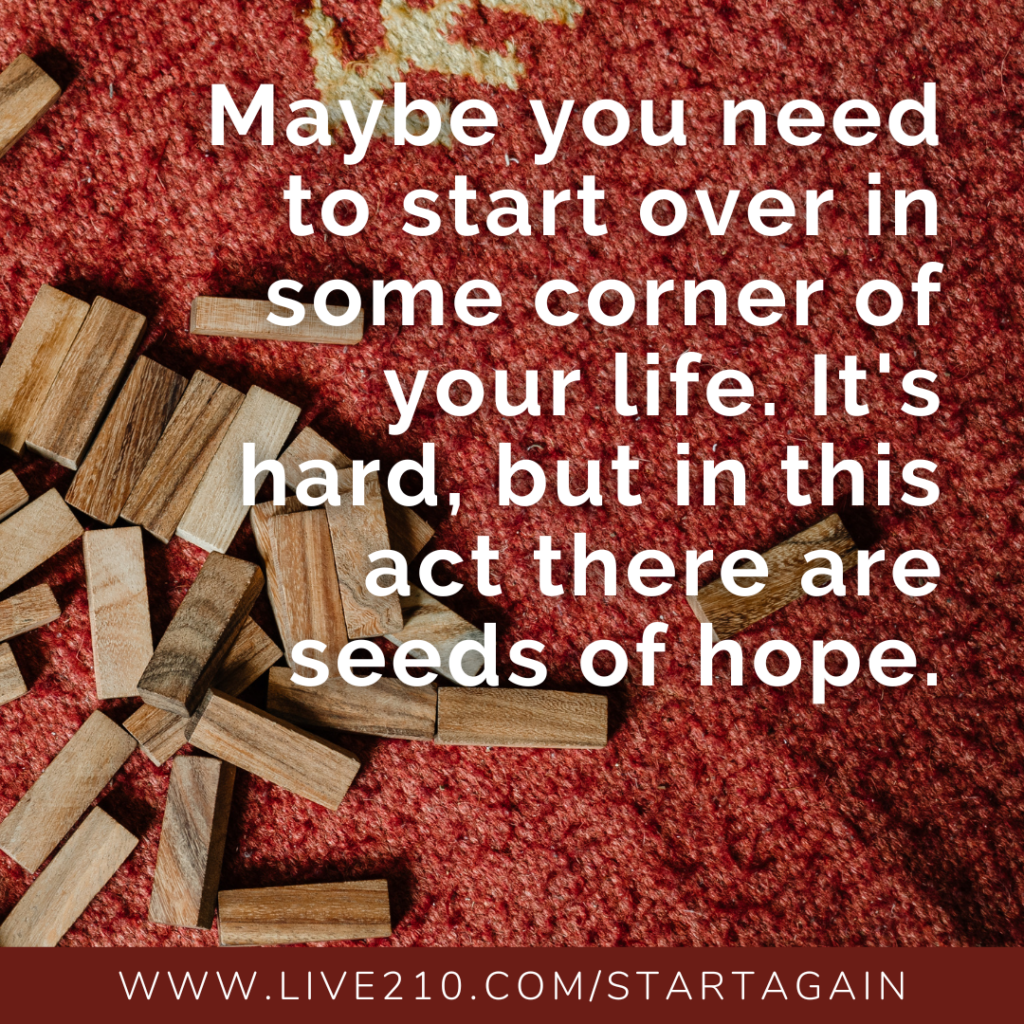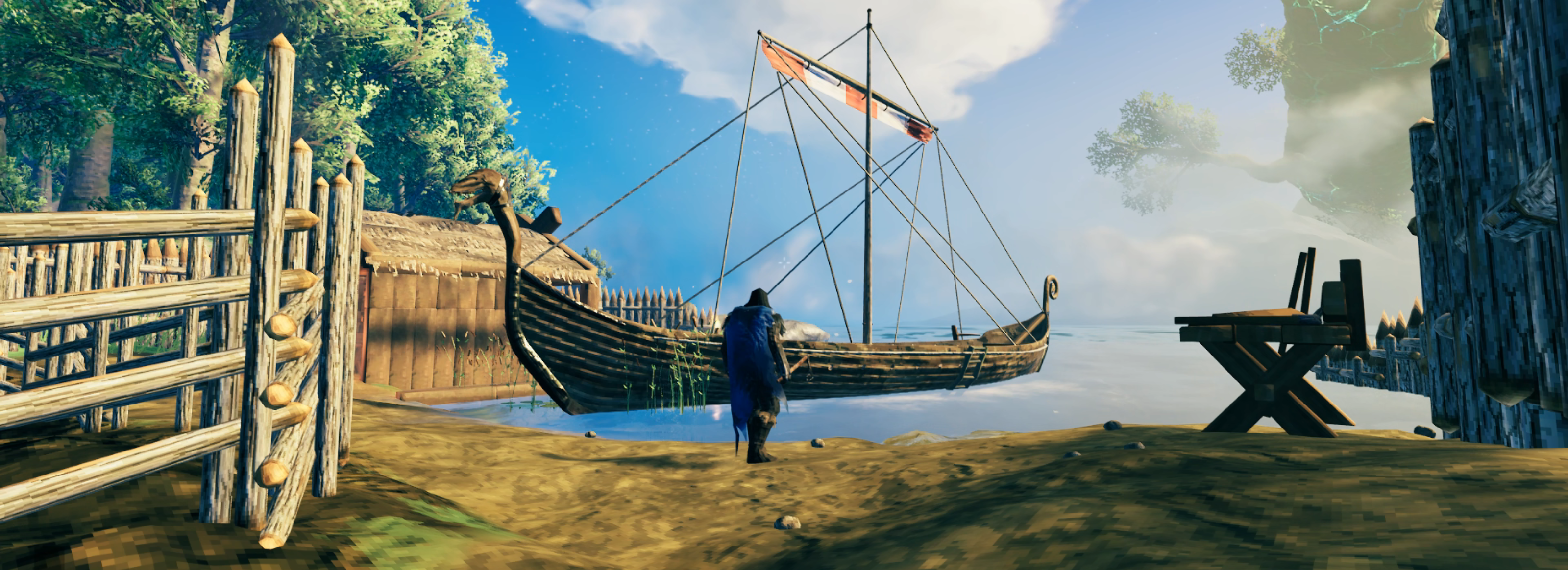This summer, I’ve been playing a video game with my son. This is his territory; he gets to be the expert. I get to spend time with him. The game we’re playing is called Valheim. It’s a Viking-themed survival game where you gather resources, craft new technology, and try to stay alive when the monsters from the forest come for you.
We’ve done great work exploring hostile areas and building up our base. Recently, we acquired the ability to forge iron. We’d spent hours upgrading our gear and home base with all the new technology when crisis struck. Towering trolls attacked! My son—a much better warrior—was offline, and I couldn’t hold them off. The trolls began rampaging through our base, breaking everything they could. By the time the situation was dealt with, and I logged off, I honestly didn’t want to log on ever again. Hours of effort had been destroyed.
Scene change.
I’ve been building toward my writing goals for more than ten years. One small step at a time, I’ve been able to move forward: a blog, then my first indie book, then a traditionally published book—and the online platform required to be taken on by a traditional publisher. Then came my first online course, a podcast, and two more indie books. Now I’ve got two books in development, and I’m working on a master’s degree so that I can do a better job with my next big book—one step at a time.
This digital age offers so much to writers. We can put our words in front of people in unprecedented ways. We can publish without being picked by gatekeepers. But this digital age also requires writers to be marketers and platform builders, which can too quickly overtake writing time and degenerate into self-centered commercialism. For years, I’ve worked hard to plot a course through the social media landscape that has integrity and is sustainable for me—and it was working! But then the trolls came smashing in.
Twitter was the backbone of my author platform for a decade, and it was good. I met great people and learned a lot. I was able to share my writing with thousands of people. Twitter made it possible for me to sell books every single month. Yet, in about eight months, my carefully built social media platform has just stopped working. Book sales have dwindled. Post visibility is miserable—unless the posts are angry or controversial. More concerning, I’ve seen my attitude and spirit shift under the weight of the angry, aggressive tone that characterizes what Twitter has become. I can’t be part of it anymore, at least not in the way I used to be. It’s sad and disappointing. In some moments, I’m angry. It feels like years of careful effort has been smashed to pieces.

So what’s next? Well, I’m not going to stop writing. If I want to write and get those words in front of people like you, I must build a new system. It’s also clear I need to do this in a way that doesn’t depend on social media platforms owned by fickle Billionaires who have no investment in or commitment to sustaining creative work. It’s taken some time for me to grieve all of this and begin to imagine new possibilities, but that’s where I’m now—imagining new possibilities. I’m overwhelmed by starting over—but I’m also just beginning to be excited about the prospect of new life.
Much about this echoes my understanding of spiritual reality. The seed must die in the earth for the sprout to grow. We see this truth play out in the natural world around us every year. It’s also embedded in the Christian tradition. Resurrection is the promise of new life. Sounds like good news until you realize that resurrection only comes after death. That’s the part we’d rather avoid!
Perhaps you’re facing some similar kind of death. Maybe trolls, in one way or another, have broken what you’ve carefully built. Then there’s this painful truth: If you aren’t facing some kind of death today, the human condition likely means you will be soon. The uncertainty is painful, but life lies on the other side of that experience.
So, I’m getting back on the path, writing words that help. Writing words that inspire hope. Sending those words out into the world, trusting that the right people will find them. Trusting that together we can be part of the work of restoration that God is up to in the universe.
I invite you to the same vulnerable risk. Maybe you need to start over in some corner of your life. Perhaps it feels too hard because so much has been lost. And yet, in this act, there are seeds that can sprout hope.
